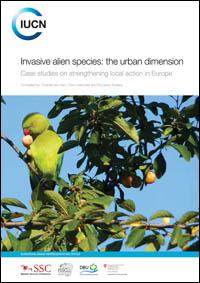Search: West and Central Africa
-

 Grey literature 2013
Grey literature 2013Lake Titicaca exists within a fragile high altitude ecosystem shared between Bolivia and Peru. Since 2011, BRIDGE has been working in Lake Titicaca basin taking a non-conventional approach to water diplomacy promoting better cooperation. The region has a long history of technical expertise andãÎ
-
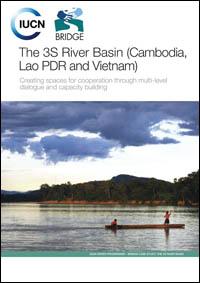
 Grey literature 2013
Grey literature 2013The Sesan, Sre Pok, and Sekong rivers, referred to as the 3S river basin, are shared by three countries and constitute a significant part of the Lower Mekong river basin. The BRIDGE project implements water diplomacy in transboundary basins, and is working in the 3S to build and strengthen waterãÎ
-
 Press release 16 Oct, 2013
Press release 16 Oct, 2013Two high-seas areas in the Southern Indian Ocean have been added to the network of zones that are closed to deepwater trawling by a fishing industry group, making it the largest such enclosure in the world ã üСÜꪤüýò¢ˆ§Ý§Ã¿«üø°ÀøÝýË and the Southern Indian Ocean Deepwater Fishers Association (SIODFA) announcedãÎ
-
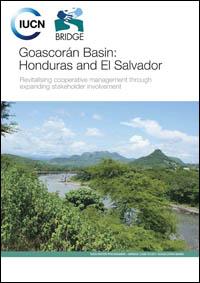
 Grey literature 2013
Grey literature 2013The waters of the GoascorûÀn River are shared between Honduras and El Salvador. Since 2011, BRIDGE has worked to promote better cooperation over transboundary waters, taking a non-conventional approach to water diplomacy. One of the challenges was the level of involvement in the institutionalãÎ
-

 Grey literature 2013
Grey literature 2013This strategic plan is adapted to the Mayombe forest initiativeãs specific conditions, identified threats and priorities, and information availability. Lessons learned from other experience of other TFCAs/TPAs in the region were also assimilated.
-
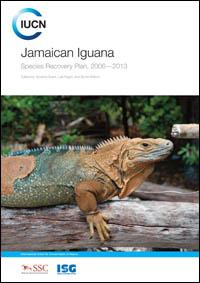
 Publication 2013
Publication 2013The Jamaican Iguana Recovery Group (JIRG) is a consortium of local Jamaican organizations and international conservation groups that held a workshop in July 2006 to formulate this Species Recovery Plan (SRP) for the Jamaican iguana. The document presents the priority conservation actions andãÎ
-
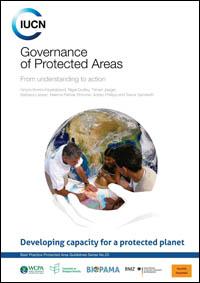
 Publication 2013
Publication 2013This volume argues that governance that is both appropriate to the context and ãgoodã is crucial for effective and equitable conservation. This applies to all kinds of protected areas and other conserved areas, in terrestrial, inland waters, coastal and marine environments.
-
 Story 08 Oct, 2013
Story 08 Oct, 2013Viet Nam has dropped plans for two proposed hydropower plants that would have affected a protected area, which has been on the tentative list for possible World Heritage nomination since 2006.
-
 Press release 07 Oct, 2013
Press release 07 Oct, 2013Resilience is still a developing science, and the resilience approach is very much needed in disaster-prone countries like Pakistan ã as it deals with building capacities of local communities to cope with the impacts of climate change and other disasters that are adding to the fiscal stress onãÎ
